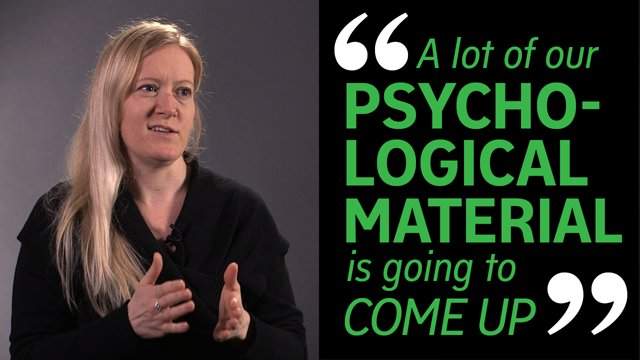Mindfulness could be as effective as antidepressants for treatment in the prevention of recurrent depression. In a recent study adults who did MBCT (mindfulness-based cognitive therapy) had virtually the same rate of relapse into depression as a group who continued taking medication.
But, as writer Philip Hoggart pointed out in The Guardian today: “drug-free doesn’t mean side-effect free.”
To provide some context, we wanted to throw back to our interview with researcher Willoughby Britton from last year—Britton is often quoted in the press for her research on the possible adverse effects of meditation.
Her take? Meditation is not all calm and peace. It opens up a space for you to see what’s going on in your mind. Mental material can surface that requires additional support or even therapy.
When it comes to the hype around mindfulness, Britton says that confusion—from everyday people and researchers alike—is warranted, and context is sorely needed. Hear more from Britton in “The Messy Truth About Mindfulness.”






